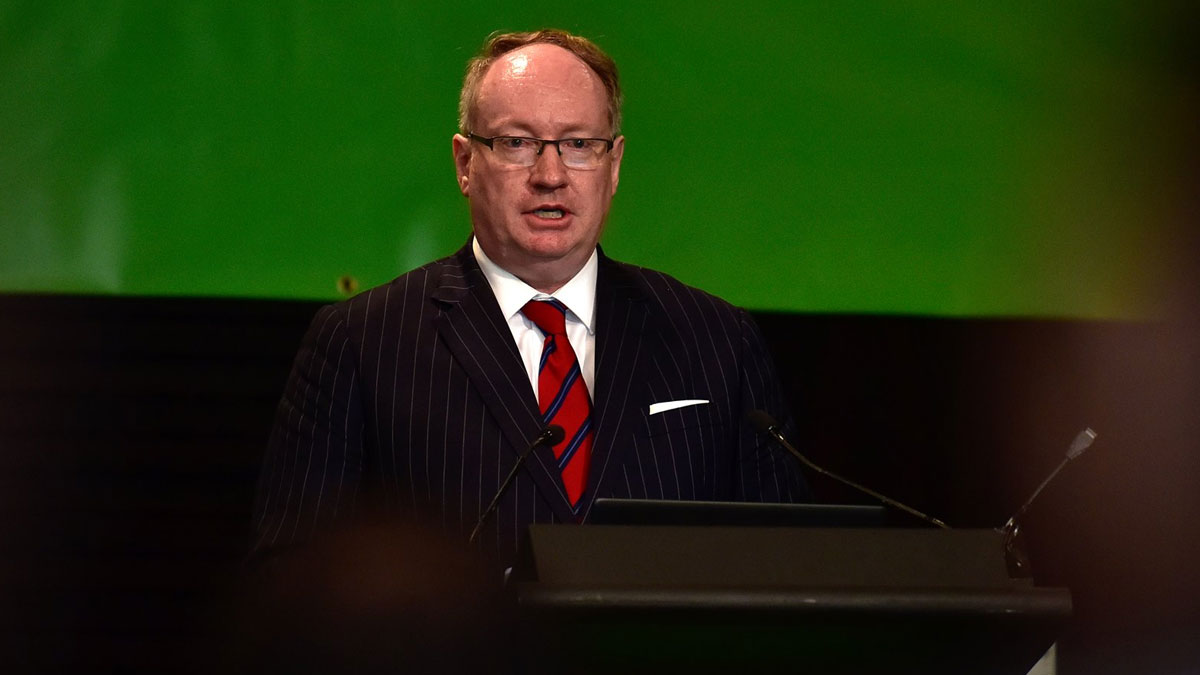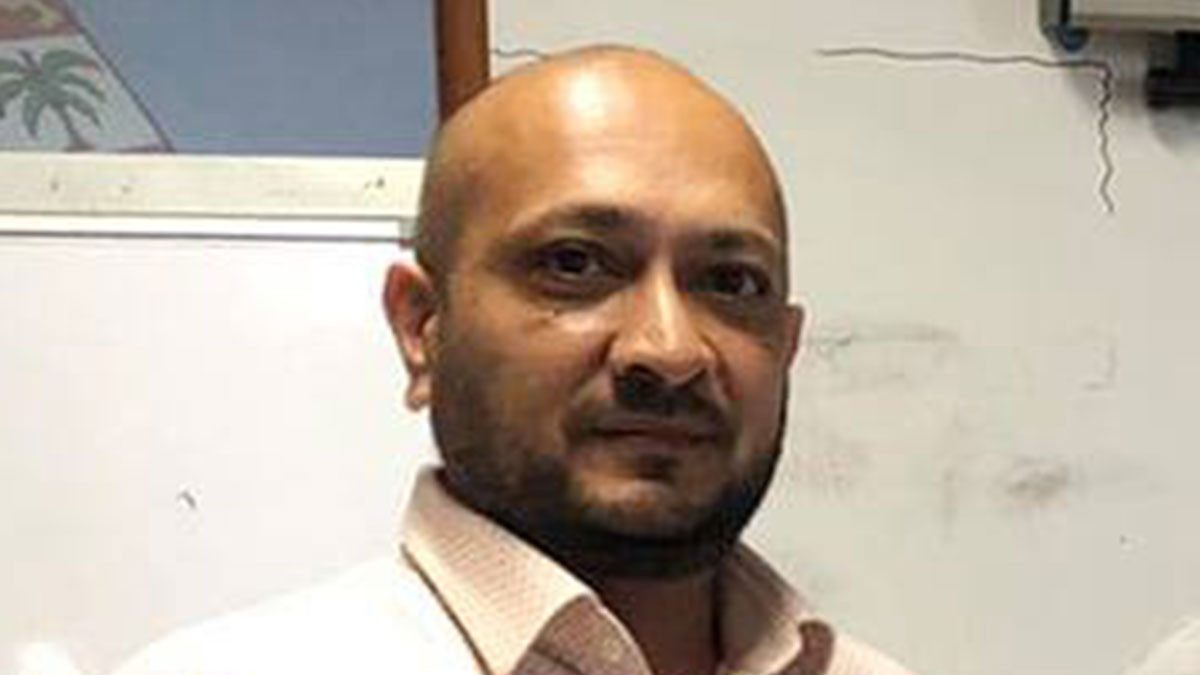
Aiyaz Mohammed Umarji Musa and his involvement in the shipment of drugs to manufacture methamphetamine
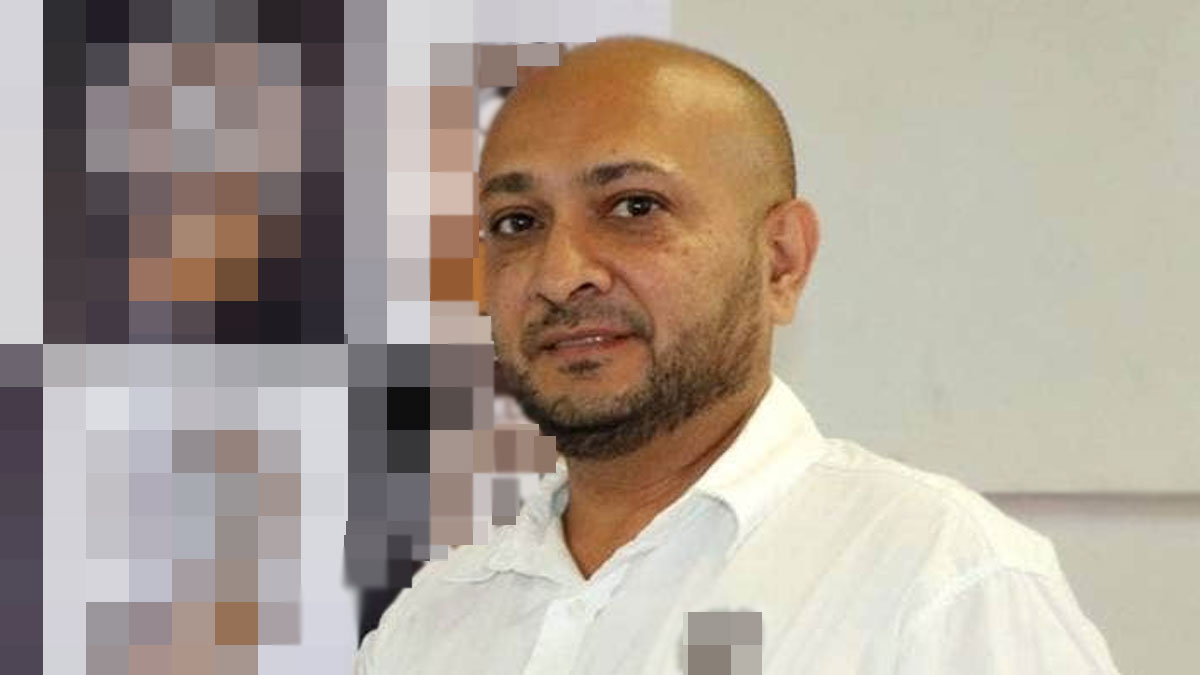
The Fiji Financial Intelligence Unit has confirmed to fijivillage News that they had provided several financial intelligence reports to the Fiji Police Force between 2017 to 2022, prior to the successful conviction of Aiyaz Musa Umarji in New Zealand in August this year.
This has resulted in serious questions being raised on how Musa who was connected to a chain of pharmaceutical outlets in the country, was allowed to continue without action taken by Fijian law enforcement agencies.
fijivillage News has been pursing the local authorities here for months and asked the Fiji Financial Intelligence Unit to confirm whether it has assessed the case of the Director of Hyperchem Pharmacies in Fiji, Aiyaz Musa Umarji after he was convicted of importation of drugs into New Zealand for the manufacture of methamphetamine.
It has been stated in the Auckland District Court’s official documents received by fijivillage News that Umarji was the managing director of several pharmacies in Fiji and across the Pacific region under the 'Hyperchem' group of pharmacies including 'Hyperchem Pharmacy' in Lautoka, Fiji.
Based on the NZ court conviction details, we have asked the Fiji Financial Intelligence Unit how did the unit deal with the issue and is dealing with the matter, knowing that Musa was involved in serious criminal activities, and he was actively sending a large amount of drugs to NZ for the manufacture of methamphetamine.
fijivillage News has also asked the question on what is the Fiji FIU doing regarding the identification of suspicious transactions, knowing that drugs, mainly the usage of hard drugs are seriously on the rise and easily accessible here.
While responding to the question on how is the Fiji FIU working with Police in dealing with proceeds of crime when it comes to cases like that of Umarji, and alerting the authorities, the FIU says they had provided several financial intelligence reports to the Fiji Police Force between 2017 to 2022, prior to the conviction of Aiyaz Musa Umarji in New Zealand this year.
The FIU says it is an intelligence agency of the Fijian government, and the FIU does not have formal investigative powers to arrest and charge suspects or restrain properties.
It also says the FIU does not have a prosecutorial role.
It further says the FIU’s role as a financial intelligence body in Fiji has become an integral part in successfully investigating and prosecuting money laundering and other serious crimes as well as asset tracing and recovery.
The FIU is tasked under the Financial Transaction Reporting Act to collect suspicious transactions and activities reports, analyse and further profile financial transaction, persons and assets and disseminate intelligence to relevant law enforcement authorities for investigation and prosecution of money laundering and other predicate crimes.
Financial intelligence or financial forensics is a specialised field that involves analyzing, profiling, and investigating complex financial transactions, records and data to uncover manifestation of fraud, cyber-crime, corruption, embezzlement, tax evasion, unexplained wealth, scams, money laundering and other criminal financial activities. According to the National Risk Assessment Review (2020) on money laundering threats in Fiji, tax evasion and drug related offences provide the greatest threat for money laundering in Fiji.
The drug related offences include importation, cultivation, manufacturing and trafficking.
The Fiji FIU says the estimated value of illicit proceeds laundered in and through Fiji from these offences is more than FJ$10 million annually.
It also says the local drug market has grown in the last few years, with facilitators being paid in drugs for their services, then selling them onwards.
It says this has contributed to rising addiction amongst locals and the emergence of local drug networks.
The FIU has also engaged with reporting entities and provided guidance on how to detect suspicious transaction reports and report such matters to the Fiji FIU.
In 2021, the Fiji FIU revised this guideline to provide more clarification to reporting entities and included lists of suspicious transaction indicators/red flags. This included a list of indicators that maybe linked to drug trafficking and other related offences.
The FIU also provides financial intelligence to law enforcement agencies upon request.
The requests for assistance from the law enforcement agencies are related to investigations of suspected money laundering activities and other predicate offences such as forgery and fraud, drug trafficking, human trafficking, obtaining money by false pretences, cybercrime, larceny and corruption. The requests may also be related to investigations initiated by FIU’s intelligence reports that was disseminated to a law enforcement agency.
The FIU disseminated 388 financial intelligence reports involving 125 entities and 1,252 individuals to law enforcement agencies and other government and statutory agencies in 2022.
fijivillage News is also awaiting comments from the Fiji Police Force on what was done with the information when it was provided by the Fiji Financial Intelligence Unit from 2017 to 2022. We have also asked what is being done now in terms of proceeds of crime or transfer of assets. We are still waiting for their response.
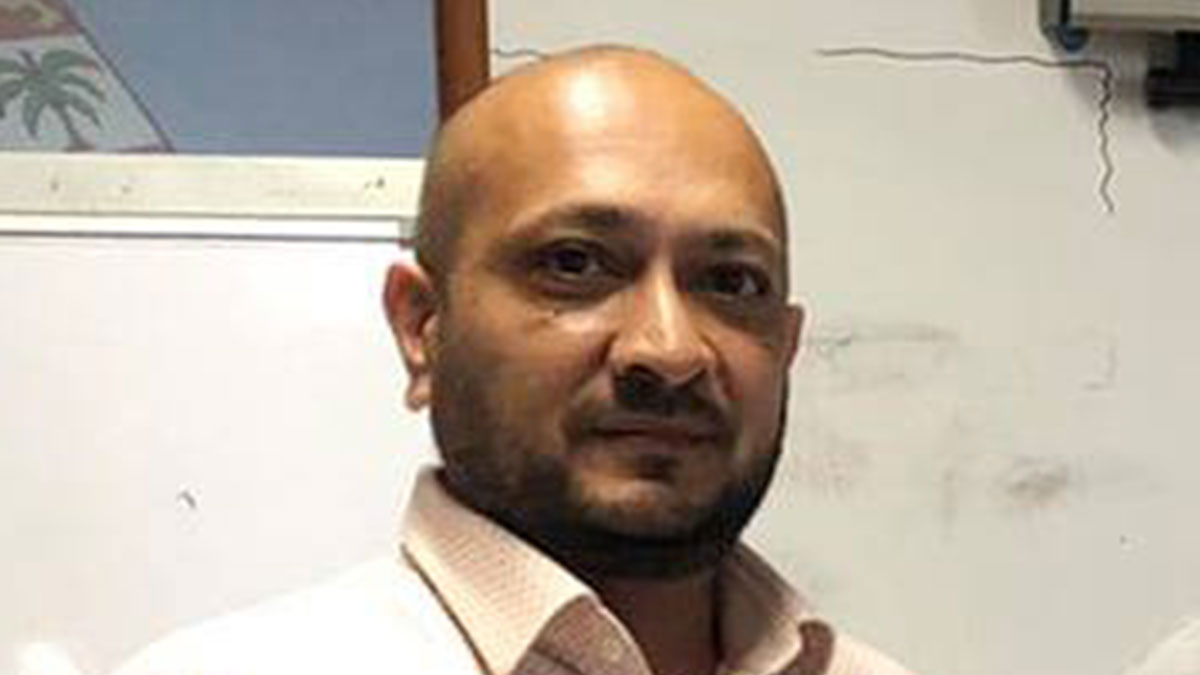
Full details have now been revealed through New Zealand court documents regarding Fijian national, Aiyaz Mohammed Umarji Musa and his involvement in the shipment of drugs to manufacture methamphetamine.
According to the summary of facts, judgement and sentencing documents now obtained by fijivillage News after an application to the Auckland District Court, Umarji and a co-defendent organised the importation of pseudoephedrine into New Zealand by way of Actifed pills.
The combined amount of Actived pills imported into New Zealand from all three consignments was 678,000. With each pill containing 60mg of pseudoephedrine the total amount of pseudoephedrine imported was 40.68 kilograms.
The total approximate value of the pseudoephedrine imported is NZ$6 million.
Pseudoephedrine is a Class B controlled drug and is the main ingredient used in the manufacture of methamphetamine.
According to the documents, Umarji is the Managing Director of several pharmacies in Fiji and across the Pacific region under the 'Hyperchem' group of pharmacies including 'Hyperchem Pharmacy' in Lautoka.
The summary of facts state that Umarji's role in these companies is, amongst other roles, the importation and exportation of pharmaceuticals into and out of Fiji from all over the world. At all times these entities had lawful authority to import products containing pseudoephedrine into Fiji and, prior to 2021, the same could be sold over the counter in Fiji without a prescription.
Umarji is also the sole shareholder of 'Bio Pharma Limited' and a signatory on the account. His co-defendant in this matter Firdos Eruch Dalal, is the sole director of this company and also a signatory on this account.
This company was set up for the sole purpose of transferring money between syndicate members with respect to the importation and distribution of illicit drugs.
Dalal's role within this syndicate was due to his employment at a freight forwarding company in Auckland to which he had access to a Custom Controlled Area (CCA) connected to this company.
On 23rd October 2017, Auckland Police were called to Dalal's home address and as a result located in excess of 4,000 boxes of Actifed pills and NZ$726,190 in cash.
Dalal advised Police that he was involved in an illegal drug operation and named Umarji as the syndicate leader.
On 27th March 2019, Dalal was convicted and charged with 'Imports a Class B controlled drug' x 3, 'Possesses for Supply a Class B controlled drug' x 2, and 'Supply's a Class B controlled drug'. All these charges relate to the same three importations Umarji was involved in.
According to Charge 1 of importation of pseudoephedrine, Umarji and Dalal arranged for a consignment of 3,600 packets of Actifed medicine to be shipped from Turkey to Fiji via New Zealand. The total amount of pills entering New Zealand was 108,000.
The consignment was stored in the Customs Controlled Area connected to Dalal's freight forwarding company. It arrived on 14th January 2017 and left the CCA on 26th January 2017.
Sometime during this period, the boxes of Actifed pills were removed and replaced with boxes of Augmentin, an antibiotic medicine. This was carried out by Dalal and under the direction of Umarji.
The summary of facts says Umarji also sent Dalal an altered packing invoice via email so Dalal could replace the original consignment packing invoice to show a new consignment description of 450 packets of Augmentin. The final destination for the medicine was changed from Fiji to the Solomon Islands.
Umarji then directed Dalal as to how and where to deliver the pills and how much money to receive.
Dalal was not keeping records of the transactions at this time but it is estimated the 108,000 pills were sold for approximately NZ$198,000.
According to charge 2 against Umarji, in August 2017, Umarji and Dalal arranged for an order of Actifed to be shipped from Fiji to the Solomon Islands. Again, the shipment was to travel via New Zealand and be held under bond in storage at a Customs Controlled Area.
On 29th August 2017, the pills arrived in New Zealand. The shipment contained 12,000 boxes totalling 360,000 pills.
Sometime between 29th August and 31st August 2017, six cartons of Actifed were removed from the Customs Controlled Area in Auckland. This was carried out by Dalal.
The court documents say Dalal took six "replacement" cartons, containing packets of Antifungal medicine and tropical cream.
It says again Umarji sent Dalal an altered packing invoice via email so Dalal could replace the original consignment packing invoice. He then took the antifungal medicine to another nearby Customs Controlled Area and continued the shipment to the Solomon Islands with the antifungal medicine.
The summary of facts presented in the Auckland Court says between 29th August and 13th September 2017, and at Umarji's direction, Dalal organised the sale and supply of Actifed pills to an associate. In total, Dalal received NZ$603,750 in cash for the sale of the 360,000 pills.
For the third charge against Umarji, in October 2017, the defendants organised the shipment of 7,000 packets of Actifed that contained 210,000 pills for a customer to be shipped from Turkey to Fiji via New Zealand.
On 19th October 2017, the Actifed arrived in New Zealand and while in transit was stored under bond in a Customs Controlled Area.
The summary says at about 10am on 20th October 2017, Dalal entered the warehouse and requested the nine cartons of Actifed from a warehouse worker and advised them to place the boxes into a company vehicle which was captured on CCTV.
Dalal drove the company vehicle containing the nine boxes of Actifed to his home address, and placed the boxes into his garage.
Dalal then made his way to a pharmaceutical company in Auckland and collected nine boxes of antifungal cream medicine.
The court documents say Umarji again sent Dalal an altered packing invoice via email so Dalal could replace the original consignment packing invoice to show a new commercial invoice which described the antifungal medicine and took the invoice and antifungal medicine to another Customs Controlled Area. He arranged for the consignment to continue to be shipped to the Solomon Islands.
Over the next couple of days, Dalal removed the blister packets of Actifed from their boxes and organised the pills into bundles of 2,000 or 2,500 sheets.
On the 21st and 22nd October, Dalal met with an associate and supplied him with 70,000 pills.
In exchange he received NZ$122,500 cash. Dalal stored this money at his home address along with the NZ$603,750 he received from the sale of the second consignment of Actifed.
At about 8pm on Monday 23rd October 2017, Dalal was at his home address of 58 Glover Road, St Helier's, Auckland.
Auckland Police attended the address in relation to reports that there was a large quantity of money being kept there.
When asked, Dalal showed Police the NZ$726,190 cash and led Police to the garage of the address where they located six boxes.
Five of these boxes were full of small boxes each containing 30 Actifed tablets. The sixth box was open and inside it was a black plastic rubbish bag filled with opened Actifed boxes.
The number of pills located at the address totalled 119,670.
Both Umarji and Dalal have been convicted of the charges.
Fijian national, Aiyaz Musa Umarji has been sentenced to four years and will serve his term of imprisonment in New Zealand.
You can also check out our website, fijivillage for our in-depth coverage regarding this major drug trial.
Stay with us as we will have more on this tomorrow.

Manufacturing of hard drugs, and cutting off the suppliers and peddlers is an immediate issue of concern after Fijian national, Aiyaz Musa Umarji was convicted in New Zealand on August 9th this year, and people are asking what the Fijian authorities are doing about this as a lot of money has also been earned by Umarji through these illegal means.
It has been stated in the Auckland District Court’s official documents received by fijivillage News that Umarji was the managing director of several pharmacies in Fiji and across the Pacific region under the 'Hyperchem' group of pharmacies including 'Hyperchem Pharmacy' in Lautoka, Fiji.
The summary of facts states that Umarji's role in these companies is, amongst other roles, the importation and exportation of pharmaceuticals into and out of Fiji from all over the world. At all material times these entities had lawful authority to import products containing pseudoephedrine into Fiji and, prior to 2021, the same could be sold over the counter in Fiji without a prescription.
Umarji is also the sole shareholder of 'Bio Pharma Limited' and a signatory on the account. His co-defendant in the NZ matter Firdos Eruch Dalal is the sole director of this company and also a signatory on this account.
This company was set up for the sole purpose of transferring money between syndicate members with respect to the importation and distribution of illicit drugs.
In the sentencing documents, the Auckland District Judge told Umarji that he was a significant actor in the importation of 40.68 kilograms of pseudoephedrine. He said this is suggested by the Crown to have had a value of close to NZ$6 million.
The Judge said it is difficult to escape the conclusion that the financial benefits that Umarji saw led him into temptation to be involved in this offending and that really, in its purest sense, would be described as greed. The Auckland District Judge told Umarji apart from this offending, he was devoted to his family and to his faith. The Judge said Umarji produced a great deal of public benefit - this is coupled with him being described as an honest and fair businessperson, and he has seen Umarji has made his apologies to the people who have known him in terms of his religious faith and recognise that what he did was a serious departure from his normal way of living.
The Judge said Umarji has done positive things that have been of real benefit in terms of his contribution to the orphanage in terms of his involvement with people who need his assistance and skill.
He said it is paradoxical that Umarji is now facing a lengthy sentence for what is regarded as very serious offending.
The Judge said to Umarji he reflects on the harm that would have been caused by the disposition of the end product of the pseudoephedrine, and as he knows vulnerable people are harmed to a significant degree by methamphetamine, described as a blight on our society.
That said, the Judge accepted there is genuine remorse on Umarji’s behalf underlined by him returning to face the consequences of what he had done.
The Judge started the sentence at 9 years but after taking all the mitigation factors into account, Umarji was sentenced to 4 years imprisonment for the importation of pseudoephedrine.
We have sent questions to Police on the steps being taken after revelations in the Auckland trial.
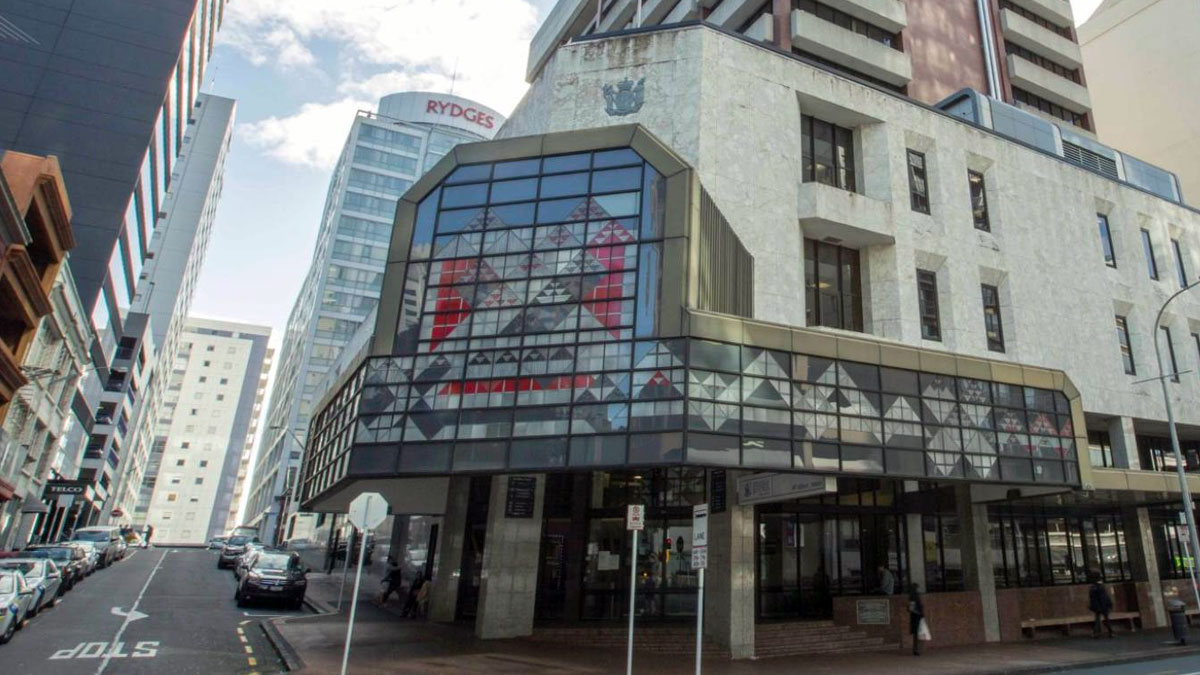
A joint investigation between the Fiji Police Force and New Zealand Police has resulted in the successful conviction and sentencing of a prominent local businessman, Umarji Aiyaz Mohammed Musa.
Police Chief of Intelligence and Investigations, ACP Sakeo Raikaci confirms Umarji was the mastermind behind a syndicate importing and exporting illicit drugs throughout the Pacific and with four other associates now all convicted and sentenced.
fijivillage News has received confirmation that Umarji appeared in the Auckland District Court on Wednesday 9th August 2023 for sentencing regarding his involvement in three separate drug importations into New Zealand in 2017.
Umarji has been sentenced to four years and will serve his term of imprisonment in New Zealand.
Police confirmed last year that there was an Interpol red notice out against Umarji who is the owner of a large warehouse and pharmaceutical chain in Fiji.
There were allegations against Umarji in relation to the manufacture of illicit drugs.
Stay with us for developments.
Click here for stories on the Drugs Situation in Fiji
Stay tuned for the latest news on our radio stations


